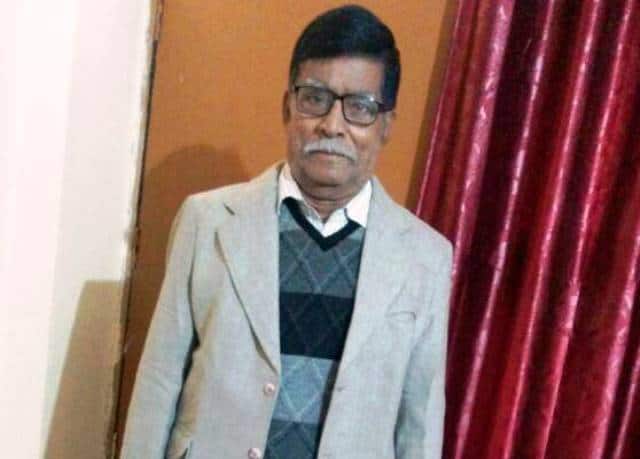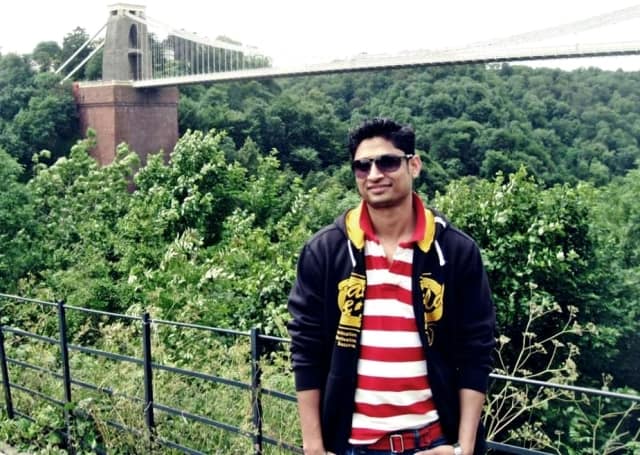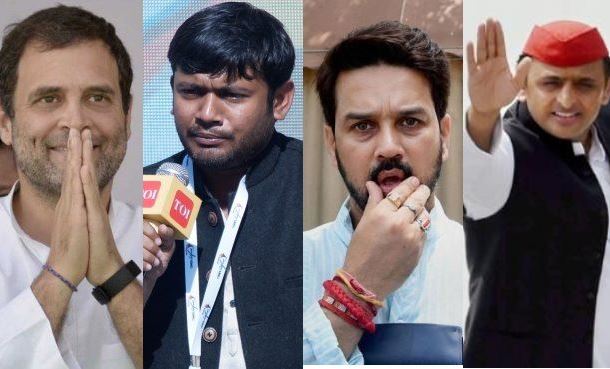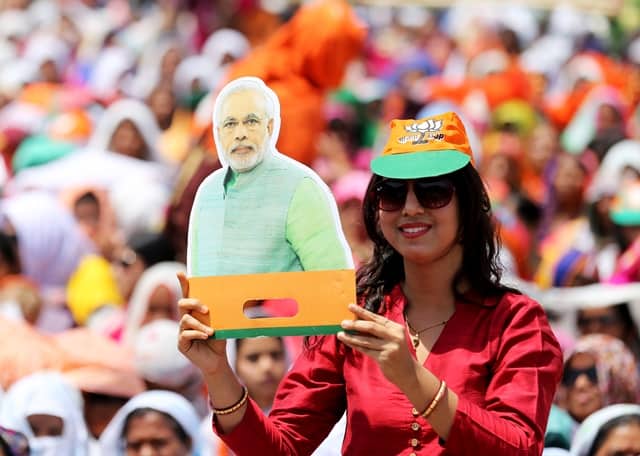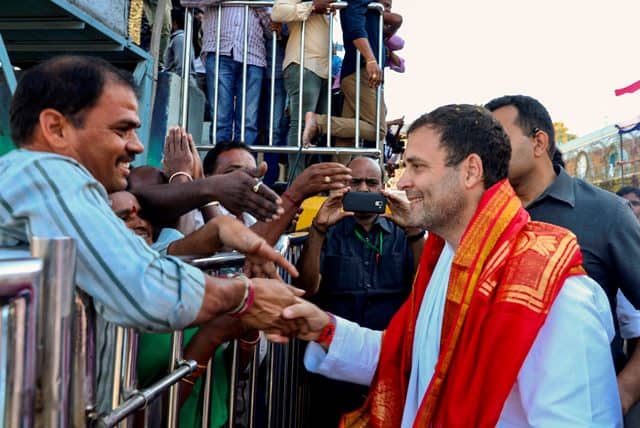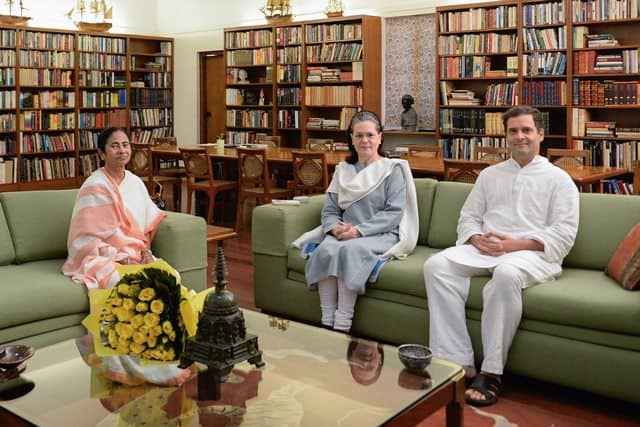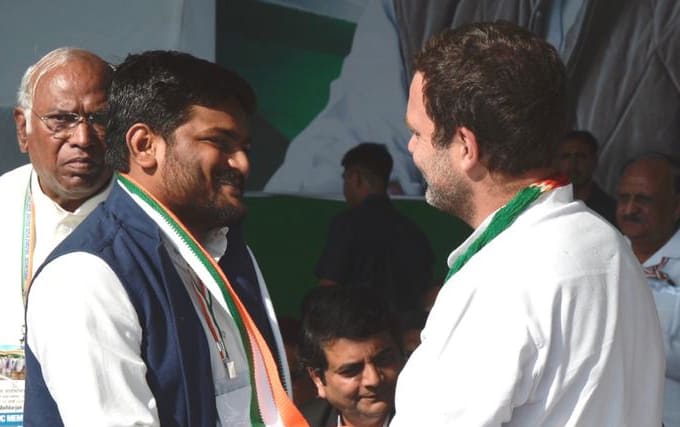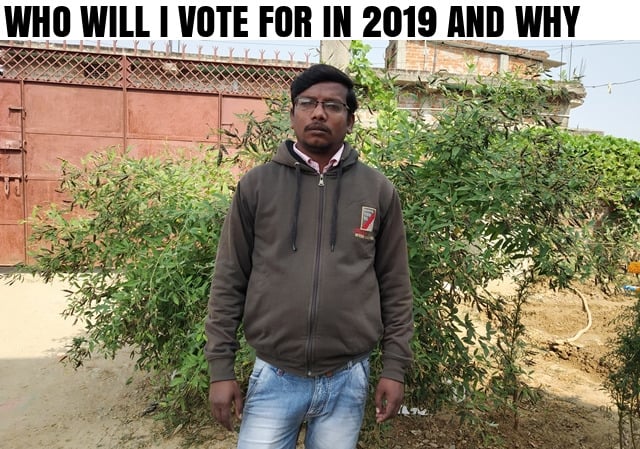This Lok Sabha elections, 500 million young people will vote in the country, 15 million of them for the first time
This had to happen, sooner than later. India is used to politicians furthering their social and economic clout while professing to be “in service of the people.” Now, several private institutions are producing professionally trained politicians. “Serving public” may soon be like “customer care.”
Khadi, the homespun cotton that Indian
politicians generally don is optional for the young wannabe with varying
political beliefs prescribed kurta –pajama-jacket uniforms. They are attending
training courses that will fetch them degrees, diplomas and certificates at
convocation ceremonies.
The Parliament’s Bureau of Parliamentary Research
and Studies runs an internship course for the young. But now a plethora of
private institutions has come up to train the young to ‘connect’ and ‘engage’
with the people. Concept of “public service” may not be prominent in the
syllabi, but thankfully, the Indian Constitution is.
They charge between Rs 300,000 to Rs 1.6
million per course, promising to make “better leaders.” The corporate touch is
inescapable and so is the nudge from some of the political parties who want to
“catch them young.”
It is not difficult to see that besides electoral
politics, the graduate can become a lobbyist, a counselor, a PR man or an
analyst. These are among the areas of interest for business houses, investors,
visiting suppliers and deal-makers and foreign embassies. Or, join a NGO.
Whether this kind of education and training could
produce a politician willing to get hands dirty, dine with the poor in their
homes and join the rough and tumble of party affairs would seem seriously
doubtful to an old-timer. But if there are cyber warriors, why not have cyber
politicians? Haven’t harnessing knowledge, skill and technology, and using sociology
and psephology, produced strategy room analyses, surveys and Exit polls for
nearly four decades now?
This has not ended, but has slashed the role of
the hands-on reporter who hits the election trail, talking to the tea vendor or
interviewing a bus and rail rider to fathom the ‘ground’. As this reporter gets tech-savvy the
interviewees, too, are getting smart, saying what the TV cameras want. The
current campaign is hugely being driven by the social media.
This is inevitable as India urbanizes, educates
and acquires economic heft. Political activity has evolved although it requires
moving out in the blazing sun to a rough rural terrain. The cyber-boys and
girls would need that at least during elections and when mass movements are
launched.
Going by past experience, with each Lok Sabha election,
roughly a third of the 543 lawmakers are replaced or are defeated and new ones
ring in. Besides growing use of technology, the current run-up to the elections
is a hugely transformational exercise. To assess it, one has to jostle with
personal views, political preferences and professional objectivity required of a
scribe.
Out, at least from the LoK Sabha elections are Lal Krishna Advani and Murli Manohar Joshi two of the founders of the
ruling Bharatiya Janata Party (BJP). Appointed ‘margadarshaks’ (advisors) five years ago, they are now, as a
television debater tellingly put it, ‘darshaks’,
just onlookers.
Three other Ram temple movement leaders who
witnessed demolition of the historic Babri Mosque in Ayodhya city in 1992 – Uma
Bharati, Kalyan Singh (now Rajasthan Governor) and Vinay Katiar — are not
among the contestants. The tumultuous event they led and much that happened in
its aftermath have seriously challenged the idea of an inclusive India. How
these five will face prolonged court trial for their role is best left to the
future.
Three scores
of BJP lawmakers have been changed. The process began in 2014 with an age bar
of 75. Modi denied ministerial berths to Advani and Joshi. Now the generational
shift in the party has reached the next level.
Sentiments apart and even discounting speculation
over lack of personal equations among other reasons for their exclusion, the
BJP needs to fight incumbency. All this is inevitable in India that is seen
with justification as a gerontocracy.
This is also true of other parties. Elders have
been forced to be flexible as they tackle pressures from young aspirants, many
of them family members – even grandchildren. Former premier H D Deve Gowda and
Sharad Pawar have had to change their Lok Sabha constituencies to accommodate
young wards. Her retirement plans well-known, former Congress chief Sonia
Gandhi has returned to the election arena.
Mulayam Singh Yadav, having lost control of
Samajwadi Party to son Akhilesh, has accepted the same party nomination. This
is after the perennial prime minister-in-waiting bid farewell to parliament and
surprised everyone by wishing a victorious return to Prime Minister Narendra
Modi. Times are changing.
Part of this change is the idea of
crowd-funding of election, not exactly new, is attracting the young. Kanhaiya
Kumar, former leader of the Jawaharlal Nehru University, has adopted it.
Parties and their nominees unlikely to be funded by moneybags may follow him now
and in future. This ensures public participation.
Young leaders are emerging even as ‘win-ability’
compulsions force them to field the old. While Akhilesh has won the family turf
war, acrimony has surfaced in the other Yadav clan in Bihar between two sons of
jailed Lalu Prasad. The two northern states are crucial for the Opposition
alliances to challenge Modi/BJP.
Rahul has found state satraps scuttling Congress’
alliances with other parties in Delhi, West Bengal and Andhra Pradesh. His
gambit of contesting a second seat in Kerala, while boosting his party in the
South where he hopes to do better than the BJP, has antagonized the communists,
already angry with him for failure to align in West Bengal.
It is difficult to blame any single party. But
many have seriously wondered if the Congress as the biggest opposition entity has
frittered away the opportunity to show accommodation to others, thus conceding
space to the ruling alliance.
The once-reticent Rahul’s in-your-face attacks
on Modi have won him admirers and expectedly, counter-attacks from BJP and its
social media acolytes. In contrast, sister
Priyanka’s striking presence and a conversational style appeal to listeners.
Some issues are out from the BJP’s armour. At
his rallies, Modi doesn’t promise to build Ram temple anymore; nor does he
defend government’s policies. It’s all hyperbole.
And some issues are passé for both sides. None
talks of corruption, Rupee’s demonetization, triple talaq for Muslim women and
lynching of Muslims by cow-protecting vigilantes. The opposition is silent on
the Rafale aircraft deal. Call it prioritizing – or opportunism.
Overall, the opposition has fallen short in
forging credible state level alliances, leave alone a national one. It is a
difficult task given conflicting ambitions and support bases when transfer of
votes from one party to another is not easy. The opposition does not have a
tall leader who can parley across the parties.
It is advantage BJP.
With opposition alliances in many states gone
awry, analysts say there is lack of clarity in opposition strategy and
eventually, too much will depend on post-polls give-and-take. In 2004, that had
helped the Congress race past a shocked BJP. But now, BJP is the predominant
force led by the most formidable team of Modi and party chief Amit Shah, geared
24×7 into poll-mode, with full intent to retain power at any cost.
But with incumbency factor looming large, the numbers
may elude Modi as of now. To get the numbers, Modi is trying hard to build
sentiment, hoping to trigger a wave.
This explains his below-the-belt rhetoric. When
critics are called “anti-national” and asked to “go to Pakistan” and the
neighbour itself, accorded undue, exaggerated place in domestic discourse and
is predicted to “die its own death,” one wonders what message electioneering in
the world’s largest democracy is giving to others.
(The writer can be reached at mahendraved07@gmail.com )
]]>


